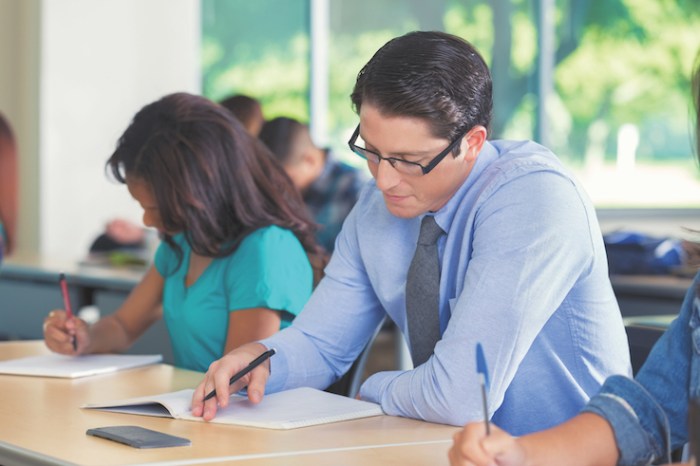Summer vacation is a time for swim and play. But, while kids certainly need a break from the rigors of the school year, all that fun in the sun could be holding them back when it comes time to hit the books again. In just those few months off, students lose information that took them the school year to retain. This “summer brain drain” is the reason why teachers have to review old lessons with students, wasting time and delaying progress. So what can parents do about it? We asked Peter Riddle, cognitive expert and co-founder of Empowered Learning Transformation Centers who also specializes in parental involvement in children’s learning. Here, he gives us four easy ways to keep kids’ minds sharp during summer vacation. (You only have a month — so better get started!) Make sure they complete their school’s reading list
This seems obvious, but you’d be surprised how many students don’t do it. “Roughly 25% of kids read nothing over the summer,” says Riddle. And that doesn’t account for the students who “skim” their assignments right before classes. Not reading books is “where the real brain drain comes in,” Riddle states. Find 30-minute daily lessons on the web
When it comes to the Internet, we know two things for certain: one, it has a wealth of information, and, two, children and teens love to use it just as much as adults. So Riddle suggests incorporating daily computer — or tablet — use into learning. Structured programs from an academy or learning site will let you record your child’s progress by providing scores and feedback. There are also “brain teasers” which are less structured, but equally engaging. “If you can chunk out little things for your kids to watch everyday on the Internet, it will serve their need to be [online]. And you can get something productive out of it because they’re going to get there anyway,” he says. Everyday activities are opportunities to learn
Shopping in the supermarket or slicing food into fractions while cooking can show kids how to apply math and other academic concepts in the real world, outside the classroom. “If you can physically show them [that] … it’ll have more meaning because it’s concrete,” says Riddle. Visiting various kinds of museums (such as science, history and art) also helps kids associate learning with fun, as does dedicating one day out of the week to playing games. “There areall types of games that you can play with your kids that have to do with math, or history, or just general information,” he says. Riddle recommends trying Pictionary, SmartAss, Trivial Pursuit and even Monopoly, which requires counting and budgeting finances. Keep preteens and teens up to date on current news
Adults shouldn’t be the only ones reading the paper. “Any kid that’s above the sixth grade should be reading the newspaper or the online headlines so they’re familiar with current,” Riddle says. And high school students who aren’t keeping up with the news “are doing a disservice to themselves.” Staying informed helps these budding adults form their own opinions and thoughts about the world around them, which will make them not only better, more engaged students but more responsible global citizens.
Is summer vacation making kids dumber?



















